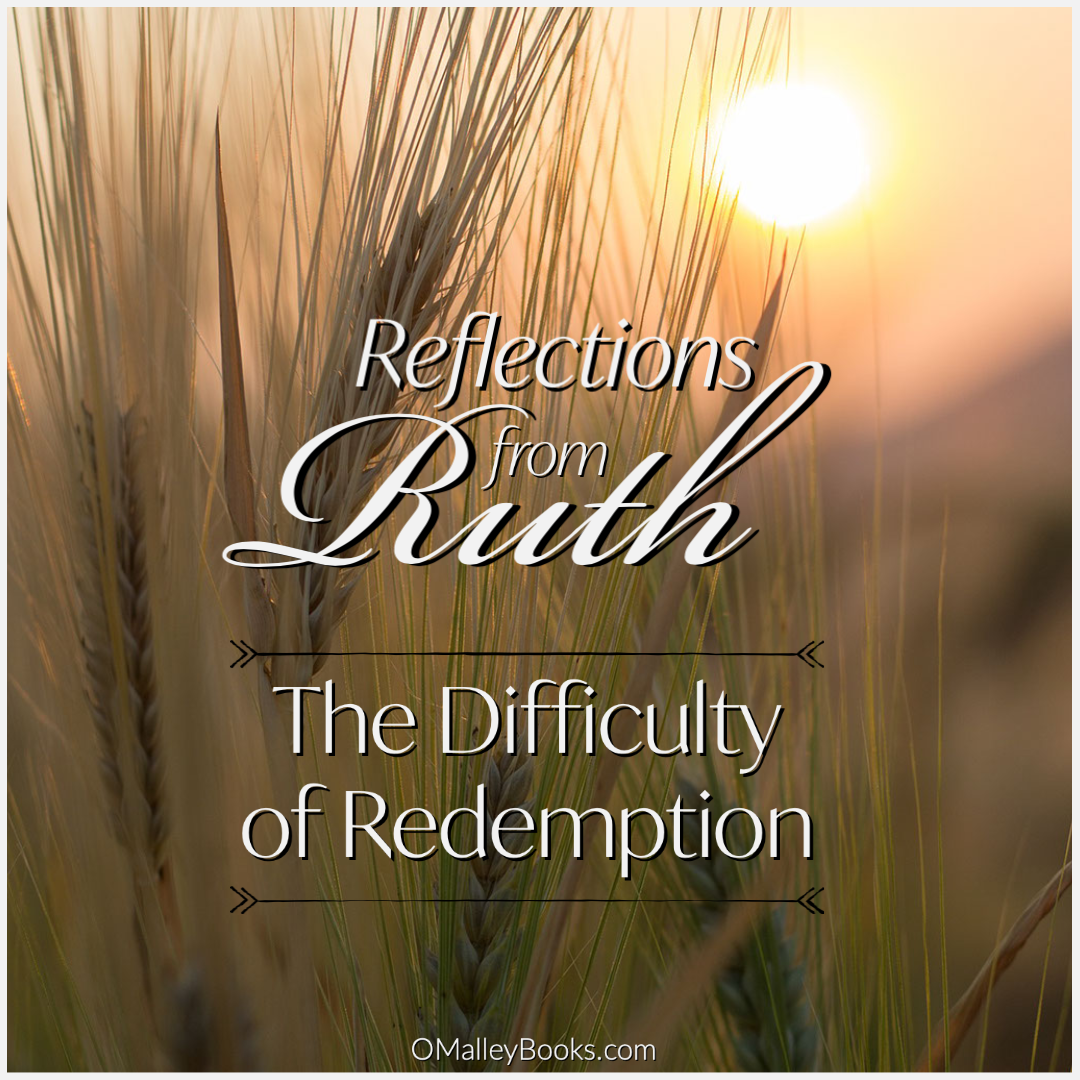by John O’Malley
“Then said Boaz, What day thou buyest the field of the hand of Naomi, thou must buy it also of Ruth the Moabitess, the wife of the dead, to raise up the name of the dead upon his inheritance” (Ruth 4:5).
The nearer kinsman made his decision known. He would redeem the land of Naomi. It was the right thing to do. Their kinsman’s wife was widowed, and the law opened the door for them to help her.
Boaz spoke up quickly, as the thought was just settling into the heart of the nearer kinsman that he could now be the owner of Elimelech’s land. He reminded him of the full responsibility of being kinsman-redeemer. The nearer kinsman’s redemption could not be for just one part of the law—that is, the redemption of the property. He had to redeem the converted widow from Moab.
Deuteronomy 25:5-6 gives the fullest explanation of Boaz’s reminder to the nearer kinsman:
If brethren dwell together, and one of them die, and have no child, the wife of the dead shall not marry without unto a stranger: her husband's brother shall go in unto her, and take her to him to wife, and perform the duty of an husband's brother unto her. And it shall be, that the firstborn which she beareth shall succeed in the name of his brother which is dead, that his name be not put out of Israel.
This provision is called the levirate principle. God’s law protected Ruth and, in the fullest sense, the Messianic line. Ruth’s decision to follow Naomi and her God brought her back to Bethlehem-judah. By returning, she came under the provision and protection of the levirate law. Conversely, this meant that Orpah’s decision to remain in Moab with her people and their gods excluded her from this protection.
Now, the nearer kinsman had to make his decision. It was difficult for him. It is clear he wanted the wealth of the land, but not the wife. The nearer kinsman thought solely on how he would benefit from this transaction. However, Boaz thought solely on how Ruth would benefit. Boaz’s redemptive action was one of the law and of love. Boaz knew everything about her, yet he loved her.
Ruth’s redemption was not without difficulty. She was Moabite by birth, yet she was Israelite by faith. To marry a woman with a racial inequality but spiritual equality set the stage for a specific kinsman-redeemer. The difficulty in Ruth’s redemption was in finding the right redeemer. The nearer kinsman was not the right one.
However, Boaz was the right redeemer. His mother was Rahab, the harlot from Jericho, and his father was a prince named Salmon. He was qualified in his heritage and his heart to be the kinsman-redeemer for Ruth.
The nearer kinsman was called by Boaz to step in and redeem. He could not. Therefore, Boaz made himself available to be Ruth’s kinsman-redeemer.
Jesus, our Eternal Boaz, did for us what the law could not fully do. The law could not forgive our sins; it could only cover them. The law, as Paul wrote, was our schoolmaster to bring us to Christ and His grace. Christ revealed the inability of the law to redeem and displayed His ability to redeem the world.
Christ’s redemption is available still today. He offers it for all. Did you tell someone yesterday? Will you tell someone today? Have you expressed to Him today your gratefulness for His redemption? He chose you, loved you, and redeemed you. What will you do for Him today?
Think about it...

